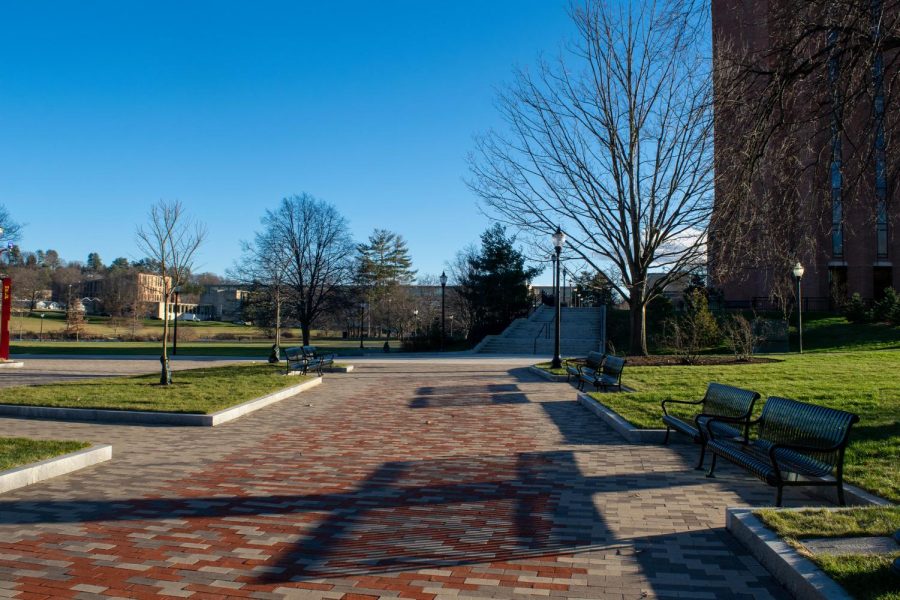Undergraduate nutrition majors at the University of Massachusetts have continued to offer nutrition advising virtually during the spring semester through the campus recreation center.
UMass students and members of the community with a membership to the rec center can sign up for nutrition advising online. They are then matched with an advisor that they can meet with up to three times during the semester.
Senior nutrition major Amanda Koski started with the program as an advisor last year and is now the program assistant for nutrition advising. She manages more than 10 student advisors by pairing prospective clients with an advisor that is a good fit for them based off of the clients’ online sign-up form. Koski also trains new student advisors, leads the advising team and aids in the challenges the program faces being virtual this semester.
The program is “for any individual, no matter what their goals are, no matter how educated they are at all with nutrition. I think it’s been really good for the program itself, for students to have another student to talk to about their eating habits,” Koski said. “I think going to a doctor is so professional and it can kind of be scary for people to be able to open up.”
Because nutrition majors are the advisors for this program, students who participate can talk to fellow students that can relate to the struggles that college students in particular face.
According to Shannon Cloran, senior nutrition major and an advisor, students often come to the program looking for general guidance as they navigate through the dining halls and begin cooking for themselves for the first time. Others come in with specific fitness goals.
“People are coming from their homes where their parents have always gone grocery shopping and formed meals,” Cloran said. “I think [it’s] very great for independence and growth. Prioritizing yourself and your health versus just looking at social media or what other people are doing, you know, you’re trying to help yourself out.”
The nutrition advising program strives to create a comfortable environment where clients feel comfortable opening up about their eating habits and health goals. Despite the disconnect that sometimes occurs with virtual meetings, clients find benefit in connecting with a fellow student who is also knowledgeable about health and wellness.
Senior kinesiology major Alicia Spitzner took advantage of nutrition advising at the rec center last year before COVID-19 forced the University to transition to remote activities. Spitzner was having trouble cooking for herself for the first time in addition to managing her dietary restrictions.
“It was nice to know that a lot of the things that I was saying, they could probably relate to, which is kind of nice,” Spitzner said. “[It was] just the right amount of professionalism to a casual kind of thing which I really liked because I was very comfortable.”
Transitioning to virtual advising posed many challenges for the program. According to Koski, there was a stark decrease in participation from clients since the switch to remote. The rec center advertises the program on its Instagram, but she finds that foot traffic in the rec center is the best way to attract new clients. The program also cut advising hours due to lack of funding and participation from clients.
“Especially now, it’s really important for people to be treating their bodies in the proper way and making sure they’re getting in their micronutrients, because we are just so sedentary now,” Koski said. “I think it’s the whole lifestyle change that’s been really hard for people, and a lot of our clients definitely bring that up to their advisors and say, ‘I need help figuring out how to like get back into a healthier mindset.’ It has been good for people to have nutrition advising to rely on and help them kickstart back into the healthier mindset.”
Leigh Appelstein can be reached at [email protected]. Follow her on Twitter @LAppelstein.




















